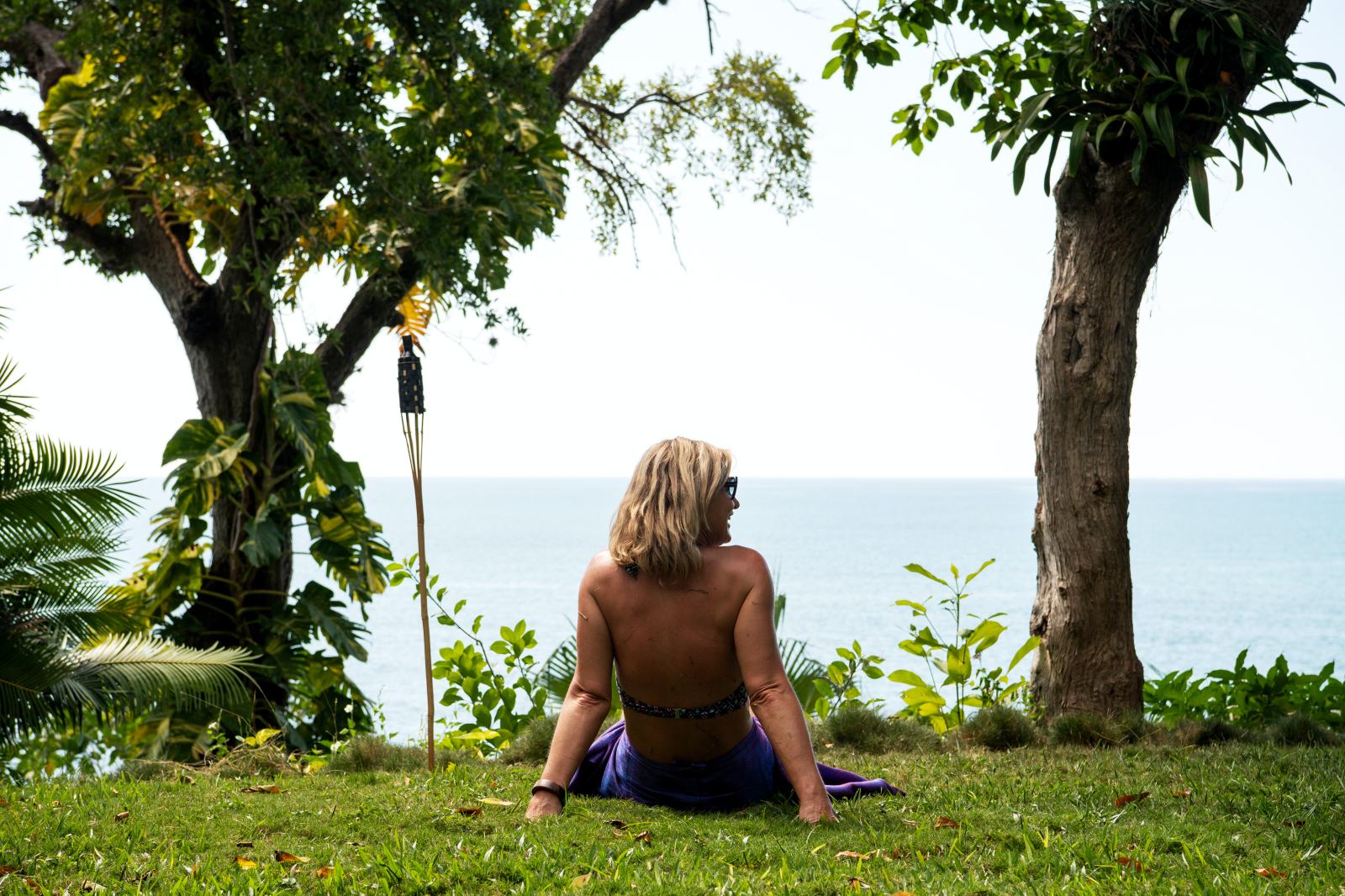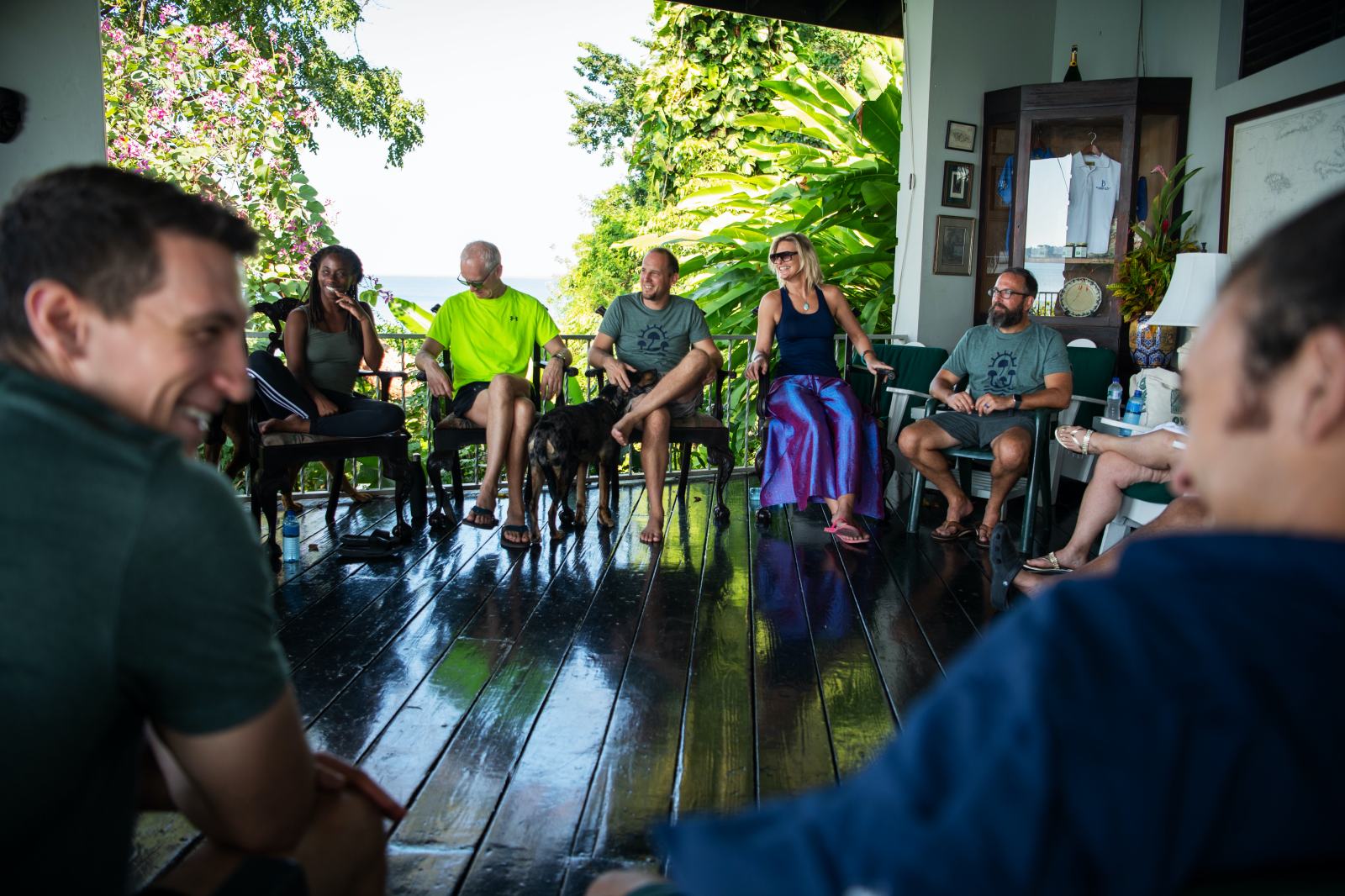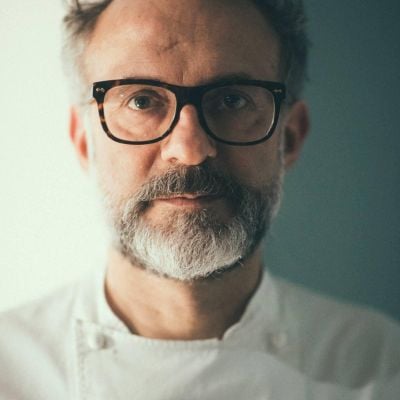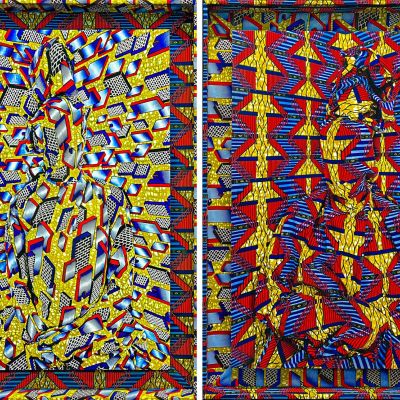Green Shoots

Amid growing acceptance of plant medicine, the future of psychedelics looks bright.

Steve Jobs is said to have regularly micro-dosed on psychedelics – taking tiny doses of LSD-like substances such as psilocybin (magic mushrooms) or ayahuasca (a South American plant brew) - to enhance his creativity.
But he was apparently far from alone amongst the ultra-high net worth community. According to a coach who works exclusively with the UHNW to enable them to experience plant medicine, in the world’s elite enclaves, from Silicon Valley to Palm Beach, it’s becoming a case of “who isn’t doing it, rather than who is”.
“The reason super-successful billionaires get attracted to plant medicines is that once you’ve had all the riches of the world, you know with certainty that there is more to life,” said the coach, wishing to remain anonymous. “Many start having an interest in the spiritual and magical realms after having explored all the beauties and luxuries the world has to offer.”
Psychedelics were broadly criminalised in the 1960’s and 1970’s during the era of President Nixon’s war on drugs. But due to several factors they are having a quiet renaissance. Successful legalisation and decriminalisation campaigns of magic mushrooms have followed a greater understanding of their benefits, for example, in cities and countries in Europe and North America, including Denver, Colorado and Oakland, California, with Oregan, this month, becoming the first US state to fully legalise magic mushrooms.
Building on past studies, clinical researchers in the United States, United Kingdom and Europe have been conducting extensive research on psychedelics, including Imperial College London and Johns Hopkins University which recently launched formal centres for psychedelics as an alternative to anti-depressants. Their studies show entheogen plant medicine to be highly effective in treatment of anxiety, depression, PTSD, and a range of addictions, with the ability to reboot a brain that shows signs of malfunction.
A BURGEONING INDUSTRY

Plant medicine is becoming a fully-fledged industry, supported by respected investors. These include American billionaire Peter Thiel, an early backer of Facebook, German biotech tycoon Christian Angermayer, behind Atai Life Sciences AG, Innocent Drinks founder Richard Reed, British businessman Jim Mellon and self-help entrepreneur Tim Ferriss, who have all invested multiples into psychedelics.
Christian Angermayer, a major proponent of psychedelics, believes that the “public perception of drugs and associated risks is a mess.” He added in a recent Tweet, “People sometimes say that I am “brave” for having taken psychedelics. And even more for talking about it. Often they say that while drinking alcohol, the most toxic drug we know. Zero benefits. Terrible side-effects.”
As a sign of growth in the industry, last year saw the launch first psychedelic stock index. The brainchild of former-firefighter-turned-entrepreneur Cody Shirk, it comprises over 30 publicly-traded companies, mainly in the biotech space, which research and develop psychedelic substances. Many have been given “break-through therapy” status by governments to allow them to expedite their research in locations where it is still illegal.
Shirk said: “It sounds crazy to say there is something you can take and you are cured for life but this is what we are looking at.” He adds that most of the companies on the exchange are micro-companies and for investors there is a “massive opportunity now.” He points out that UK startup Compass Pathways, for example, recently filed to go public on America’s NASDAQ exchange, four years after it was founded. Recent valuations have estimated it to be worth around US$500m.
“The main benefit is that psychedelics can give you a different perspective on things, gives you empathy for others which allows you to make better decisions in life,” says Shirk, a father of two who microdoses several times a month, but no longer touches alcohol. “It has without doubt helped me in business.”
ENTHEOGEN LUXURY

Mindful of this shift in attitude, a new seam of entheogenic luxury retreats is popping up to cater to the well-heeled.
At Netherlands-based retreat Synthesis, guests check into a beautiful country house or a charming renovated furniture factory, nestled between a beach and a nature reserve and enjoy psychoactive, psilocybin truffles in five-star luxury. Leisure facilities include a sauna and an 80-square-metre yoga area, while a line-up of expert chefs whips up raw and vegetarian meals. After a health screening, guests are prescribed one or two low, medium or high doses of truffles, which they take in a ceremony and alongside meditation, breathwork and coaching.
MycoMeditations, a psilocybin retreat company in Jamaica, last year opened a bespoke ‘concierge offering’ in response to demand from clients. It describes its top-level experience as “white-glove service” in one of Jamaica’s most spectacularly beautiful destinations to “transform your psilocybin journey”.
Private beach villa packages come with a butler, beach massages and daily three-course meals curated by local chefs. A week-long stay costs over US$10,000 with the mushrooms, ground into powder and taken in the form of pills, billed separately.
Justin Townsend, co-founder of MycoMeditations, says: “As plant medicine grows more mainstream, it is slowly beginning to cater for more luxurious tastes.”
Psychedelic retreats are even getting airtime on primetime TV. In a recent Goop Lab episode on Netflix, Gwyneth Paltrow’s team took part in a psilocybin retreat. One team member summarised the experience as “five years of therapy”, another as “a turning point in her life”.
REGULATION AND STANDARDS

But plant medicine is not something to be taken lightly. Alberto Villoldo, a Cuban-born neo-shaman and psychologist, says he has seen many plant medicine ceremonies that helped someone suffering from mental health problems. There are two factors, he explains. “One is that plant entheogens contain a chemical analogue to serotonin, and the Selective Serotonin Reuptake Inhibitors [SSRIs], which are common medication for mental-health problems, are similar in action,” he says. Plant medicine promotes new neural re-genesis and healing, which can explain the long-term benefits. The second factor, says Villoldo, “is that shamans tend to be good talking therapists, and also work with prescribing herbs that can detox body and mind”.
However, Villoldo cautions against the use of plant medicine without proper guidance. “It is not like Western medication; it should be part of a ceremony and it can be dangerous ground.” He references cases where people have been robbed, raped or who have even died taking psychedelics improperly.
The need for a greater level of safety – as well as comfort - was the spark that led Jonathan de Potter to set up Behold Retreats this year, a platform curating luxury bespoke plant medicine trips in legal locations, including South America, Jamaica and the Netherlands. The former management consultant tried ayahuasca at a retreat in South America during a year out from his high-octane job. While the experience was life changing, De Potter says he wished there had been more pre- and post-experience support. “Plant medicine lights a path in your internal universe, but it’s an intense experience. You’re shown things about yourself whether you like it or not. Everyone needs a therapist to guide them on this,” he says.
Behold Retreats programmes include education, preparation, retreat, and post-integration support with a qualified coach or therapist. De Potter says with this approach, guests realise the full potential of their experience, and on returning home are supported to make sustained improvements to the quality of their everyday life.
One thing is for certain, the need to address these mental-health issues has never been more pressing and traditional anti-depressants and drugs do not seem to be working. According to the World Health Organisation, roughly one in six individuals, over one billion people, were suffering from mental-health problems before COVID-19.
As the pandemic continues to impact our health, the economy, and freedom of movement and human interaction around the world, an alternative support system will be greatly in need.








